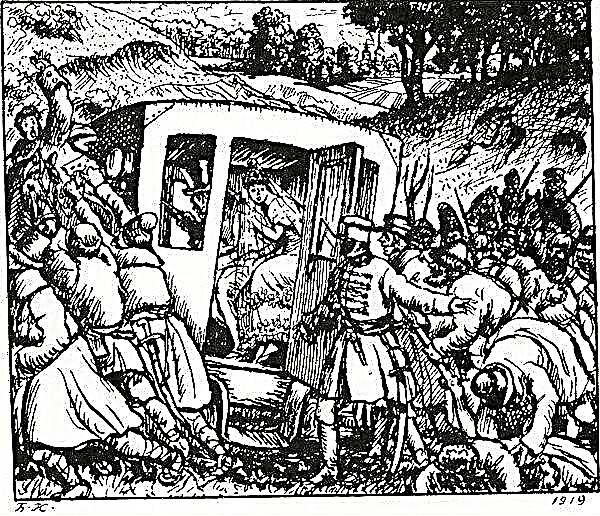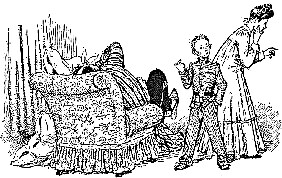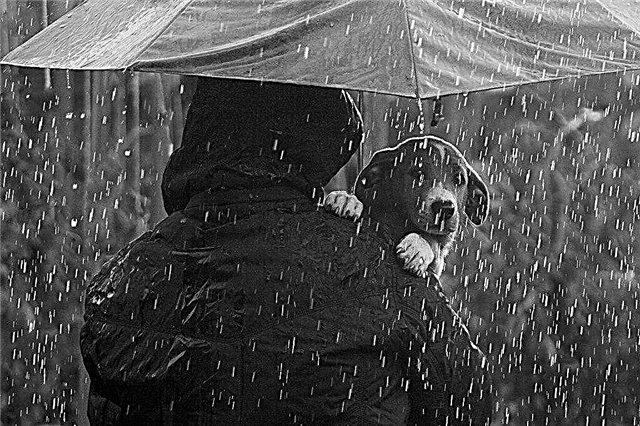Planning, calculating and comparing armies leads to victory
If the state goes to war, it fights for its survival. This knowledge should be used for planning. A general who carefully plans before the battle will defeat the one who does not. Before the battle, think and plan everything. You can predict victory or defeat in advance. Compare the opposing armies by points:
- Which of the two rulers of the warring states seeks such complete consent and obedience from their people that they will follow him until his death?
- Which of the two generals is the most talented?
- Which side has advantages in circumstances such as weather, terrain, and distances that must be overcome?
- Which side monitors discipline more strictly?
- Which side has a stronger army?
- Which side are better trained soldiers and officers?
- Which side is more consistent in the reward and punishment system that ensures discipline?
Compare the army of the enemy with your own, find out the strengths and weaknesses of the enemy. Plan according to circumstances. If you know the enemy and know yourself, you will always be a winner.
Protect yourself from defeat and wait for the opportunity to win
A successful strategist participates in battles only if he is confident in his victory - this protects him from defeat. And the unlucky enters the battle and only then begins to think how he can win. But even the most brilliant commander cannot say exactly when he will win. He must wait until the enemy makes a mistake and give him the opportunity to win.
To achieve victory, there are rules:
- You must know when to fight and when not to.
- You must know how to deal with a stronger and weaker opponent.
- Your army must have a strong, unified fighting spirit and discipline.
- You must begin the battle when you are ready, but the enemy is not.
- You must have military power and the right to command your troops without interference from the ruler.
Be careful - attack when you have an advantage. Avoid your enemy where he is strong, and attack where he is weak. Avoid the enemy army when its morale is on the rise, columns and banners are positioned properly, or when it has a better position, for example, on a hill. Do not engage in battle out of anger; it’s always necessary to fight for something. Your anger will disappear, but a ruined state will not be reborn. Avoid enemy traps: do not lead your army into the territory where supplies cannot be delivered, or the landscape of which you do not know. Do not mess with unfamiliar allies.
Rulers and generals themselves may cause defeat
The army is commanded by the general, and the ruler by the general. With his commands, the ruler can prevent the army from acting cohesively. He may untimely give the command to attack or to retreat; try to control the army as casually as the state; appoint officers to inappropriate posts. Mistakes can undermine the trust of soldiers and cause defeat.
Seven possible causes of failure due to the fault of the general:
- The order to attack the enemy army is ten times greater than his own, forcing his army to flee the battlefield.
- Rudeness of soldiers in relation to officers, violation of subordination.
- The weakness of the soldiers is disrespect from the officers and a drop in morale.
- Indiscipline of senior officers, unauthorized attack without orders.
- The general’s weakness and indecision is a weak, disorganized army.
- The inability to correctly assess the strength of the enemy.
- Excessive concern for the comfort of their people, which impedes military tactics.
Save your resources with military tricks, foraging and espionage
Food, vehicles, clothing, weapons and ammunition are expensive for the army. A prolonged war can exhaust the resources of any state, making it weak and vulnerable. Strive for quick and decisive victories, not for protracted military campaigns. Do not besiege fortified cities - it takes months of preparation.
The best way to reduce the cost of warfare is to capture enemy lands, cities, or armies intact, rather than destroy them with costly battles. To do this, you need much more power than the enemy. The triumph of the skillful general is to subdue his enemies without a fight, thanks to military tricks. Great fighters differ not just in victory, but in easy victory.
Save state resources by borrowing them from your enemy through local foraging and increase your own strength with weapons, armor and enemy soldiers. This saves the cost of supplying the army.
Engage scouts: they obtain the most important information about the enemy, and also give them false secrets. Maintain friendships with your spies, generously reward them. Such a price will be very small compared to the protracted war, which they can help to avoid. If you build a military trick on the secret that the spy told you, kill him, as well as anyone to whom he told this secret, so that your trick does not lose its strength.
Deceive the enemy and impose your will on him
The art of war is based on deception. Mask power with weakness, courage with shyness, and order with disorganization. Confuse your opponent and let him act recklessly.
Let your troops portray confusion when in reality they are very disciplined. When you get close to the enemy, pretend you're far away. When you are able to attack, pretend that it is not. Play with your enemy: if he is quick-tempered, annoy him, behave at ease, constantly disturb him. The enemy has many supplies - make him starve; he calmly set up camp - make him leave.
If you want the enemy to go on the attack, throw him a bait; If you want to force the enemy to retreat, break it. A smart fighter seizes the initiative and imposes his will on the enemy. Attack the enemy in weakly protected places so that he rushes to defend himself. Make him open so that you can discover his vulnerabilities. Numerical weakness depends not only on quantity, but also on the need to be prepared for an attack on many fronts.
Explore the area and your enemy, and then adapt
There are always positions that cannot be taken, roads that should not be followed, and commands from the government that should be ignored. Adapt to the situation, terrain and location of the enemy. Explore the area to take advantage of your natural benefits and avoid clutter. For battle, do not climb to heights, go upstream or move away from water and shelters. Avoid steep cliffs, narrow passages or bogs - in them a small army can destroy an entire army. Look for scared birds or animals; they indicate an ambush.
Explore the enemy. When the soldiers are standing, leaning on their spears, it means that they suffer from hunger. When soldiers go to get water and first drink themselves, they are thirsty. And when they start to eat their own cattle, they forget to hang pots over the campfires and behave as if they would not return to their tents, know that they are ready to fight to the death.
Adapt your tactics to the circumstances and use any opportunity as soon as it appears.
Be strict with troops, keep them in the dark and make them fight to the death
The control and control of a huge army is no different from the control of a small army: you need to divide people into smaller groups, and then control your strength with the help of signals: gongs, drums, banners, signal fires. They will act as one: the coward will not dare to retreat, the brave will not be on duty alone.
An experienced general leads his army as if he was leading one person by the hand. Pamper your soldiers as sons, and they will stand for you to death. But if you are not able to command them with authority, they will be as worthless as spoiled children. Iron discipline is needed among its soldiers. It is effective if your soldiers are attached to you. Treat them humanely, but keep them in control of discipline and punishment.
Keep your soldiers in the dark, and often change plans so that they and the enemy are lost in conjecture. Change camp locations and follow long workarounds instead of short and straight ones. Reveal your cards only when you are in the depths of enemy territory.
When the situation looks rosy, report it to your soldiers; deplorable - do not talk about it. The further you penetrate into hostile territory, the more soldiers will feel solidarity. Put them in a desperate and hopeless situation, and they will lose their sense of fear and will fight to the limit of their capabilities, to death.
The most important thing
How to protect yourself from defeat and win?
- Planning, calculating and comparing armies leads to victory.
- Protect yourself from defeat and wait for the opportunity to win.
- A war can be successful for a country only if the defeat is not the result of the actions of its rulers and generals.
How to achieve an advantage over the enemy?
- Save your resources with military tricks, foraging and espionage.
- Deceive the enemy and impose your will on him.
- Explore the area and your enemy, and then adapt accordingly.
How to manage troops?
To successfully conduct a war, be strict with the troops, keep them in the dark and make them fight to the death.




 Criminal mother
Criminal mother






